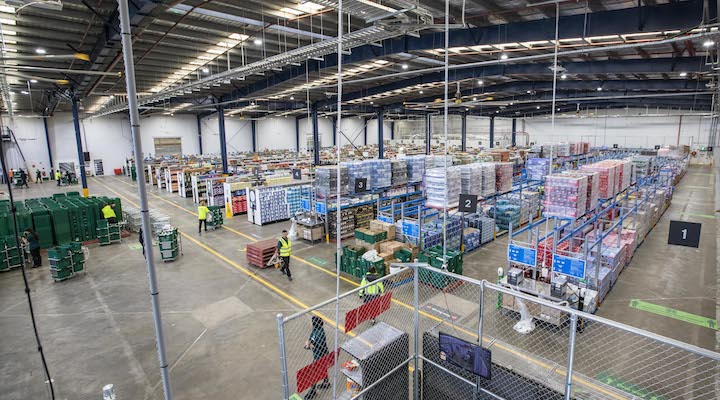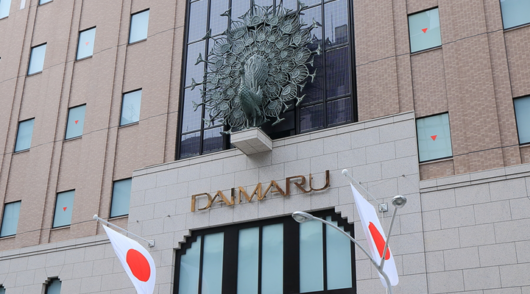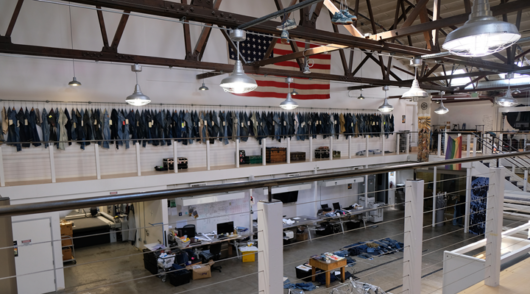As several key industries begin to buckle under the weight of the staffing shortages caused by the rising tide of Covid-19 cases sweeping Australia, the NSW and QLD State Governments have redefined work restrictions for close contacts.
The change will see critical workers in food distribution allowed to return to work at the discretion of employers in an effort to ease the food shortages currently impacting supermarkets.
Such workers will be required to wear masks and conduct daily rapid antigen tests, and isolate should they return a positive test or develop symptoms.
The Independent Food Distributors Australia Association of Australia welcomed the changes, with CEO Richard Forbes calling on other states to follow suit.
“If there isn’t one consistent, national agreement across the country, and quickly, then food distribution warehouses will continue to be impacted by Covid, which will ultimately impact those in the community that rely on us,” said Forbes.
“A food transport system involves trucks crossing state borders daily, so the only solution is for Premiers and Chief Ministers to agree to one close contact isolation rule for all food workers, nationally.”
In order for the new plan to work, however, warehouse and transport businesses will need a steady access to Rapid Antigen Tests – something Forbes notes is not currently the case.
“Many warehouse owners have been struggling to access RAT tests for their workers and when they do it’s been costing them up to $5,000 a week with no government support whatsoever, at a time when they are realising huge financial losses,” Forbes.
Prime Minister Scott Morrison has said he won’t be making RAT testing free for most Australians, and instead is implementing a voucher scheme to give Australians holding various concession cards access to a limited number of free tests.
“Beyond reckless”
Not all parties have welcomed the change with open arms, however. The Transport Workers’ Union national secretary Michael Kaine said the change in restrictions is “beyond reckless”, and that governments continue to ignore warning signs while leaving workers to fend for themselves.
“We know, even if you’re asymptomatic, you can still spread the virus. Requiring potentially sick people to go to work won’t make supply chains healthy,” Kaine said.
ACTU acting secretary Liam O’Brian similarly said the changes would only cause infections to rise, and will, in the medium term, cripple supply chains.
NSW Premier Dominic Perrottet defended the change as vital in keeping society open.
“The best thing we can do is remain open,” said Perrottet, who has made a stand on ‘living with the virus’ rather than the ‘isolate and eliminate’ approach of his predecessor Gladys Berejiklian.
“We have to ensure distribution networks are secure, we’ve seen globally this is a substantial challenge [but] I believe the changes we made today get that balance right.”






